The word “diverticular” tends to put anyone on edge, right? Out of nowhere, your gut throws a tantrum, and your day can go from peaceful to panic mode in no time. My own friend Rachel described her first flare-up like having tiny gnomes waging war from inside her lower tummy. She’s dramatic, but she’s right. Diverticular pain is no joke. And in this odd, crowded landscape of gut medications, butylscopolamine (often called Buscopan) stands out—not because it’s new, but because it’s quietly reliable. Yet, so many people still don’t fully understand how this medication helps with diverticular disease or what to expect when taking it. Let’s talk through what makes butylscopolamine worth paying attention to if you have a cranky colon.
Understanding Diverticular Disease and Its Challenges
Diverticular disease starts as little pouches (diverticula) pushing out of the gut wall, mostly in the lower large intestine. It’s shockingly common: by age 60, over half of adults in Western countries will have diverticula, even if they never know it. Trouble starts when these pouches inflame or get infected—called diverticulitis—which triggers pain, cramps, and sometimes serious complications like abscesses. Most of the time, people only become aware of diverticular issues when symptoms suddenly appear: left-sided stomach pain, bloating, a sudden urge to run for the nearest restroom, or worse, constipation two days in a row followed by a rush of diarrhea. Forget the fancy names—the fallout is discomfort, uncertainty, and a real need for fast symptom relief.
Living with diverticular disease means balancing your diet, guessing what your gut wants, and sometimes feeling at the mercy of random flare-ups. Rachel, for example, carries an emergency kit in her bag: electrolyte packets, a book (long waiting room times), soft snacks, and her trusty butylscopolamine tablets. Doctors often recommend fiber, water, and gentle exercise, but when a flare-up hits, waiting for food to do the heavy lifting just isn’t enough. Enter medications that actually target the pain and spasms, like butylscopolamine—which doesn’t cure diverticular disease but does help make flares less punishing and unpredictable.
Butylscopolamine: How Does It Work?
If you’re expecting a miracle pill, I’ll tell you right up front: butylscopolamine isn’t that. But it is potent and specific in its approach. The drug works by blocking certain signals (muscarinic receptors) in the intestine’s smooth muscles. The key here isn’t just reducing pain—it’s stopping the spasms that actually cause that pain. When the walls of your colon contract like crazy during a flare, they squeeze nerves and squeeze out tears. Butylscopolamine calms this chaos down.
This mechanism makes butylscopolamine especially valuable for diverticular disease, where the main issue during a mild flare isn’t infection (which needs antibiotics), but intense, cramping pain and non-stop spasms. According to a 2021 review published in Alimentary Pharmacology & Therapeutics, patients taking butylscopolamine reported significantly faster relief compared to those relying on paracetamol or no medication at all. No, it’s not a fairy godmother waving away your discomfort, but the relief is real and often quick. Tablets, injections, or suppositories—all get the medicine where it needs to go, but oral tablets are the go-to for most people at home.
One study out of Italy found that about 60% of people with acute diverticulitis—not requiring hospitalization—used butylscopolamine for pain, noticing shorter symptom duration and fewer ER visits. Of course, this isn’t magic: the drug doesn’t address the underlying cause or prevent recurrence, but it’s a valuable rescue plan for bad days.
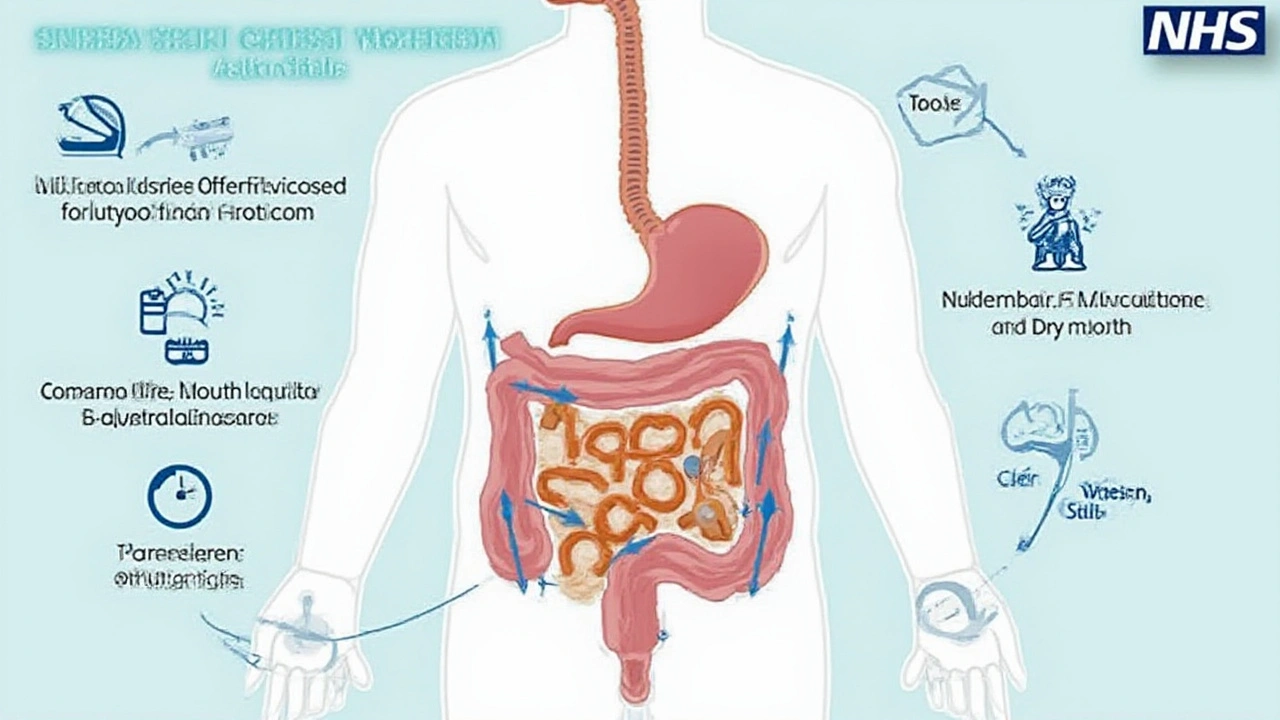
When and How to Use Butylscopolamine for Diverticular Disease
So, what’s the sweet spot for taking butylscopolamine? Most doctors suggest it when the pain is sharp, cramping, or comes in waves—especially if it makes you wince or curl up on the couch. The usual adult dose is 10-20 mg up to three times daily, but as always, follow your own GP’s advice. If you’re someone who struggles with swallowing pills (my spouse Jasper does, and oh boy, the drama), tablets can be split or dissolved in water for easier dosing. Just don’t go rogue and double-dose. It’s not a “the more, the better” scenario.
Here’s where it gets interesting: Some people use butylscopolamine on an as-needed basis, while others take it at the first sign of discomfort to “head off” an attack. The effect typically kicks in fast—anywhere from 15 to 60 minutes—and many people feel significant relief within an hour. That’s a big help when you’re running errands or stuck in traffic and a stomach cramp comes out of nowhere. Just keep in mind, though, this medicine doesn’t mix well with alcohol or with other anticholinergic drugs (like certain allergy meds), due to overlapping side effects.
If you’re dealing with more severe symptoms—fever, vomiting, blood in the stool, or intense pain—a trip to the doctor is non-negotiable. Butylscopolamine helps with spasms and cramps, not infections or complications. Consider it your backup, not your only shield.
Safety, Side Effects, and Who Should Avoid Butylscopolamine
While butylscopolamine is safe for most, not everyone gets off scot-free. Side effects are rare but do happen, usually because the drug’s way of calming the gut can also slow other muscles—including those in your bladder, eyes, and mouth. Dry mouth, slight blurred vision, and constipation are the most reported annoyances, especially if you push past the recommended dose. Some folks feel a bit dizzy after taking the medicine; in my circle of friends, that’s usually a sign to dial down the dosage or switch to another therapy.
People with certain medical histories should be extra careful. This drug can make things worse if you have glaucoma, enlarged prostate, or certain heart problems. In 2022, a review in BMJ Open Gastroenterology highlighted that butylscopolamine can sometimes push up heart rate or trigger palpitations, especially in older adults. And for pregnant or breastfeeding women, check with your doctor first. There aren’t enough long-term studies to guarantee safety for the baby, though short-term use in emergencies is sometimes okay. If you’re on other medications—especially antihistamines, antidepressants, or drugs for Parkinson’s—talk to your pharmacist about potential clashes.
Take a look at how side effects stack up versus similar meds:
| Medication | Dry Mouth (%) | Blurred Vision (%) | Constipation (%) | Dizziness (%) |
|---|---|---|---|---|
| Butylscopolamine | 8 | 6 | 5 | 4 |
| Mebeverine | 3 | 1 | 6 | 2 |
| Dicyclomine | 16 | 7 | 9 | 5 |
That’s not a typo: in most cases, butylscopolamine triggers fewer side effects than other antispasmodics. Still, if anything feels off, get medical advice pronto.
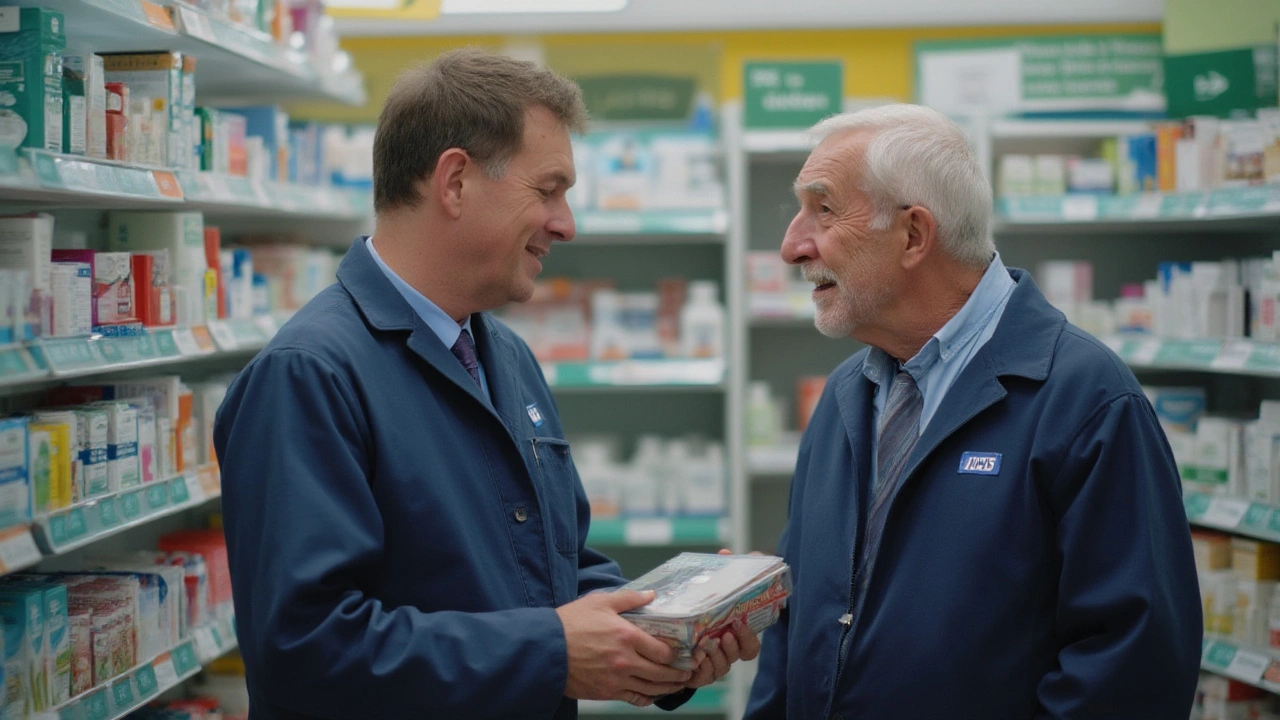
Practical Tips, Lifestyle Tweaks, and Looking Ahead
Butylscopolamine isn’t the only answer in the playbook, but when it’s combined with the right self-care and lifestyle adjustments, it really shines. Here’s what tends to help diverticular patients make good days outnumber bad ones:
- Fiber, but not during flares: Daily fiber supports digestion and helps keep diverticula calm. But during a flare, too much can aggravate bloating. After symptoms settle, a gradual return to high-fiber foods—like oats, lentils, and pears—makes a difference.
- Stay hydrated: Water is your best gut companion.
- Listen to your gut: Sounds cliché, but symptom journals help spot trigger foods. Some people swear tomatoes and popcorn set them off; others are fine with seeds. Trends will become obvious within two weeks if you track meals and flares.
- Gentle exercise wins: Regular walking improves bowel habits and reduces risk of future attacks. Even light yoga can help with cramps and bloating.
- Short-term rest, not bed rest: Use butylscopolamine, rest when you must, but don’t bunker down for days. Gentle movement keeps digestion humming.
- Don’t skip follow-up visits: Regular check-ins with your doctor rule out complications and keep your treatment safe.
One small trial from Germany in 2023 showed that people combining butylscopolamine with a Mediterranean-style diet spent fewer days each month sidelined by their symptoms. That’s not groundbreaking, but it hints at the power of treating both the immediate and the long-term aspects of gut health.
An experienced gastroenterologist once told me, “Diverticular disease is a marathon, not a sprint.” Medications like butylscopolamine help you keep pace, but the finish line—a life without daily pain—means learning how your gut responds and adjusting your habits accordingly. There’s no universal fix, but with better awareness, prompt symptom relief, and smart lifestyle tweaks, living well with diverticular disease is entirely doable.

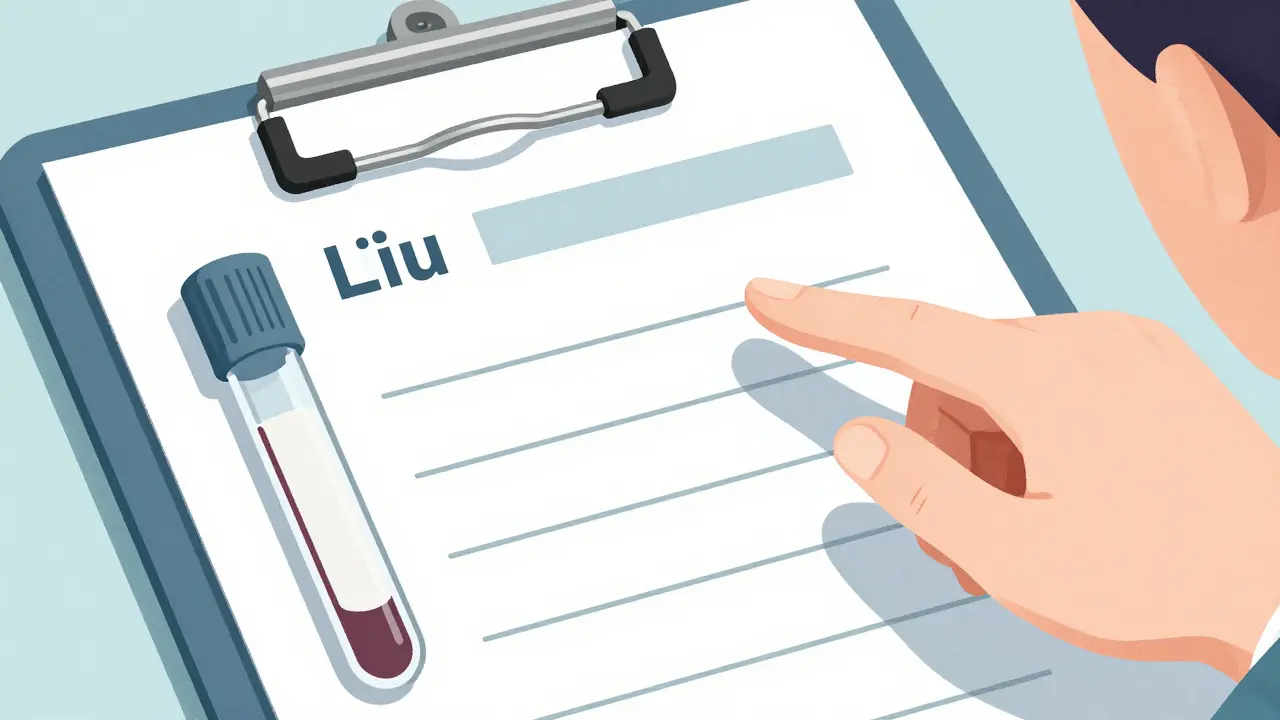
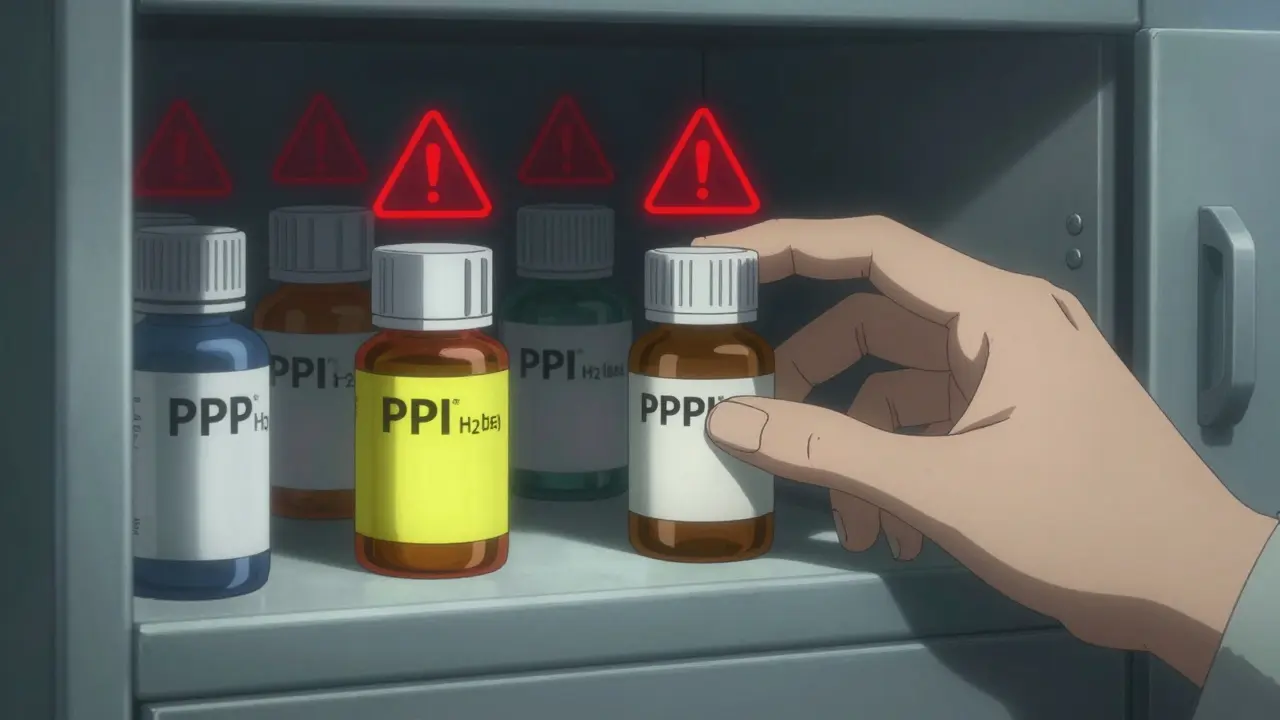

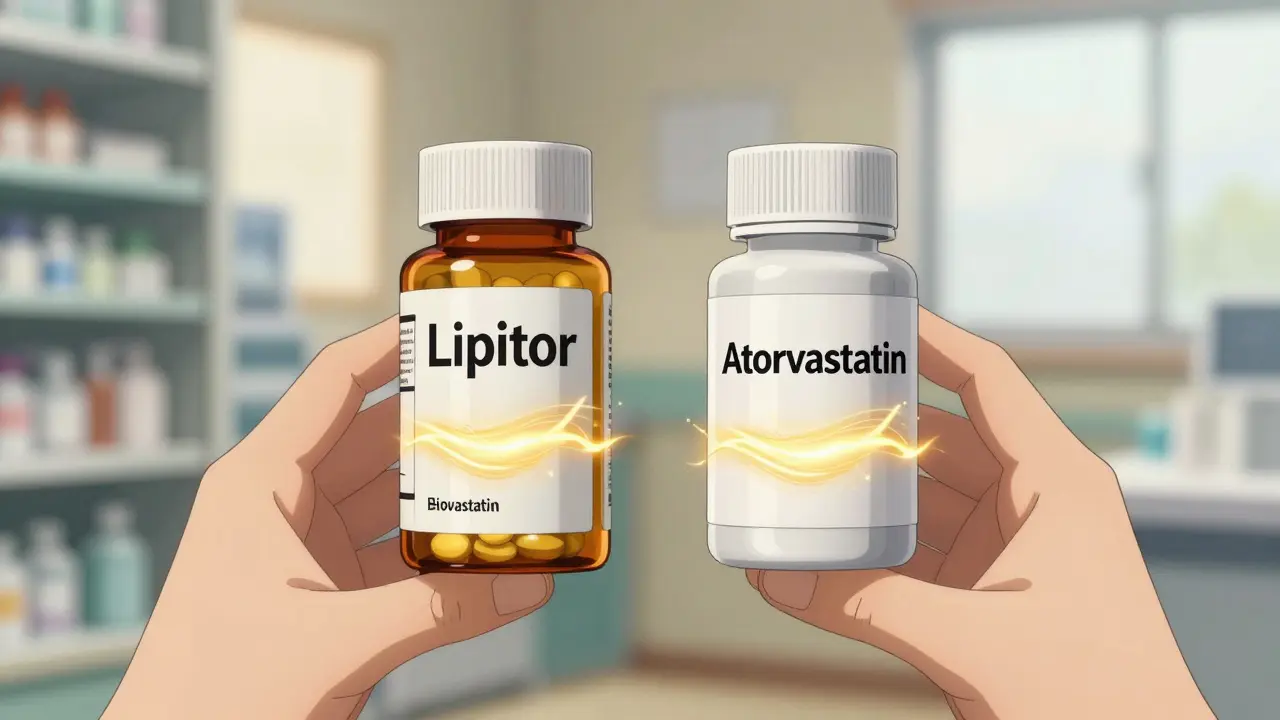
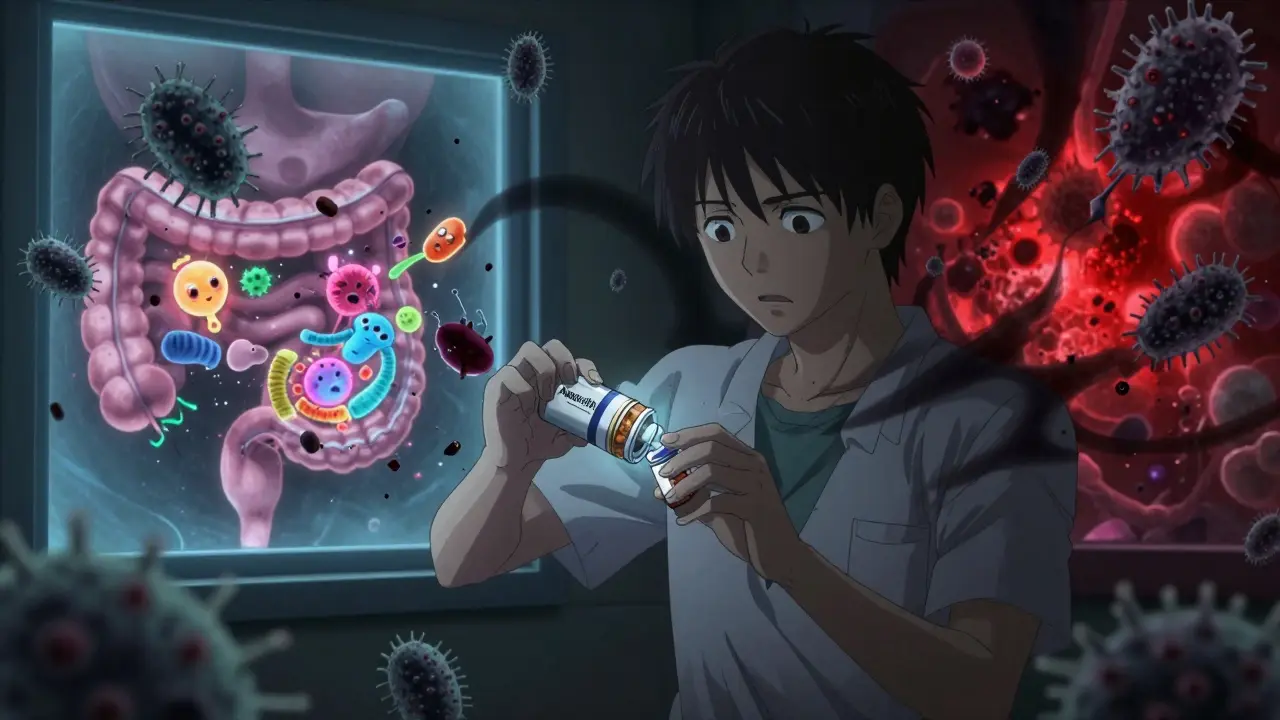
Evelyn Shaller-Auslander
July 16, 2025 AT 09:33i took buscopan once during a flare and it was like someone turned off a screaming alarm in my gut. dry mouth? yeah. worth it. no more crawling on the floor crying. just... quiet. thanks for writing this.
Gus Fosarolli
July 17, 2025 AT 15:10so let me get this straight-we’re giving people a drug that makes their mouth feel like a desert and their vision blurry… just to stop their colon from having a tantrum? i mean, i get it. it works. but it’s like using a flamethrower to light a candle. still, better than the alternative of screaming into a pillow at 3 a.m. 🤷♂️
Jim Daly
July 18, 2025 AT 16:59wait so this thing is just like the stuff they give dogs for stomach cramps? i thought it was for humans only. my dog takes it and he’s chill now. so… is my colon just a dog? 🤔
Tionne Myles-Smith
July 19, 2025 AT 08:04OMG YES THIS. I’ve been using this for years and no one talks about it! I keep it in my purse like a superhero potion. And the fiber thing? SO TRUE. I tried going all high-fiber during a flare and it was like throwing gasoline on a fire. Now I wait till I’m calm, then eat lentils like they’re my best friends. Also, walking 20 mins a day changed my life. No more ER trips. 🙌
Nirmal Jaysval
July 20, 2025 AT 07:33u all r so naive. buscopan is just a bandaid. real solution is ayurveda. no drugs. just turmeric + warm water + yoga. u westerners always look for pills. ur guts are weak bcz u eat too much cheese and sugar. try real food. then u wont need this crap.